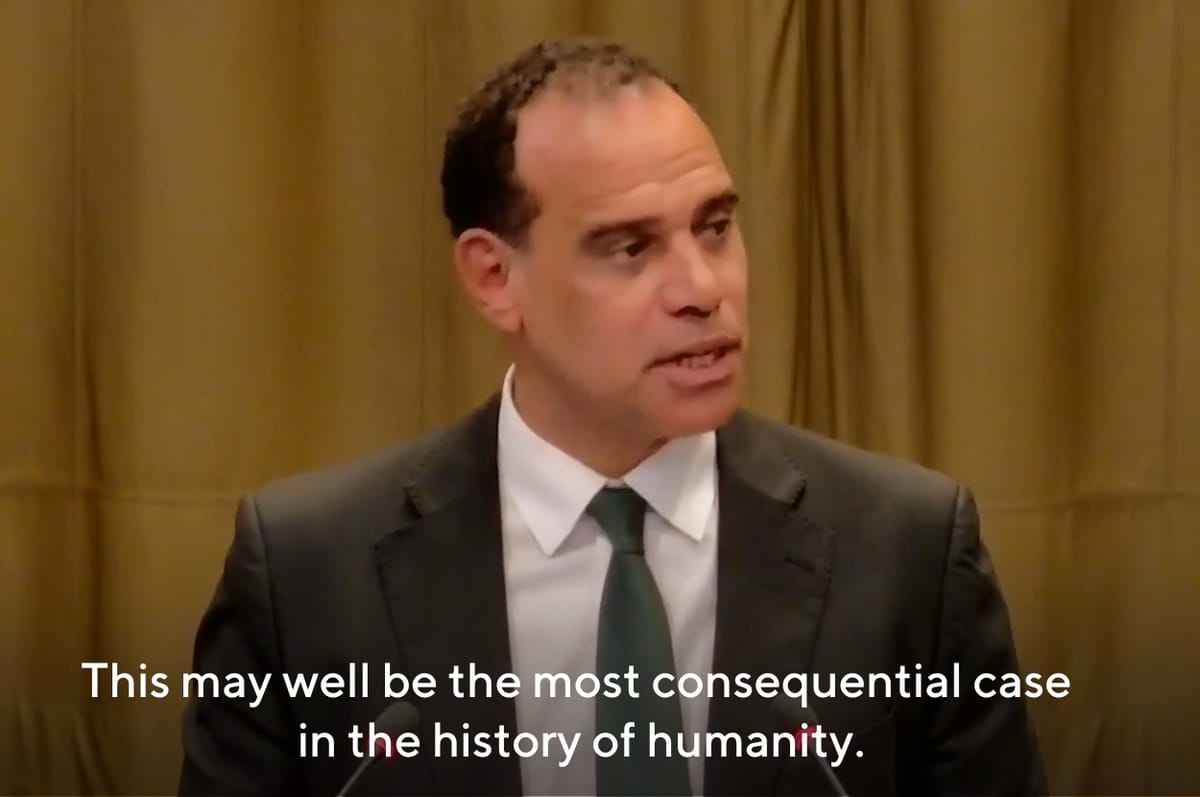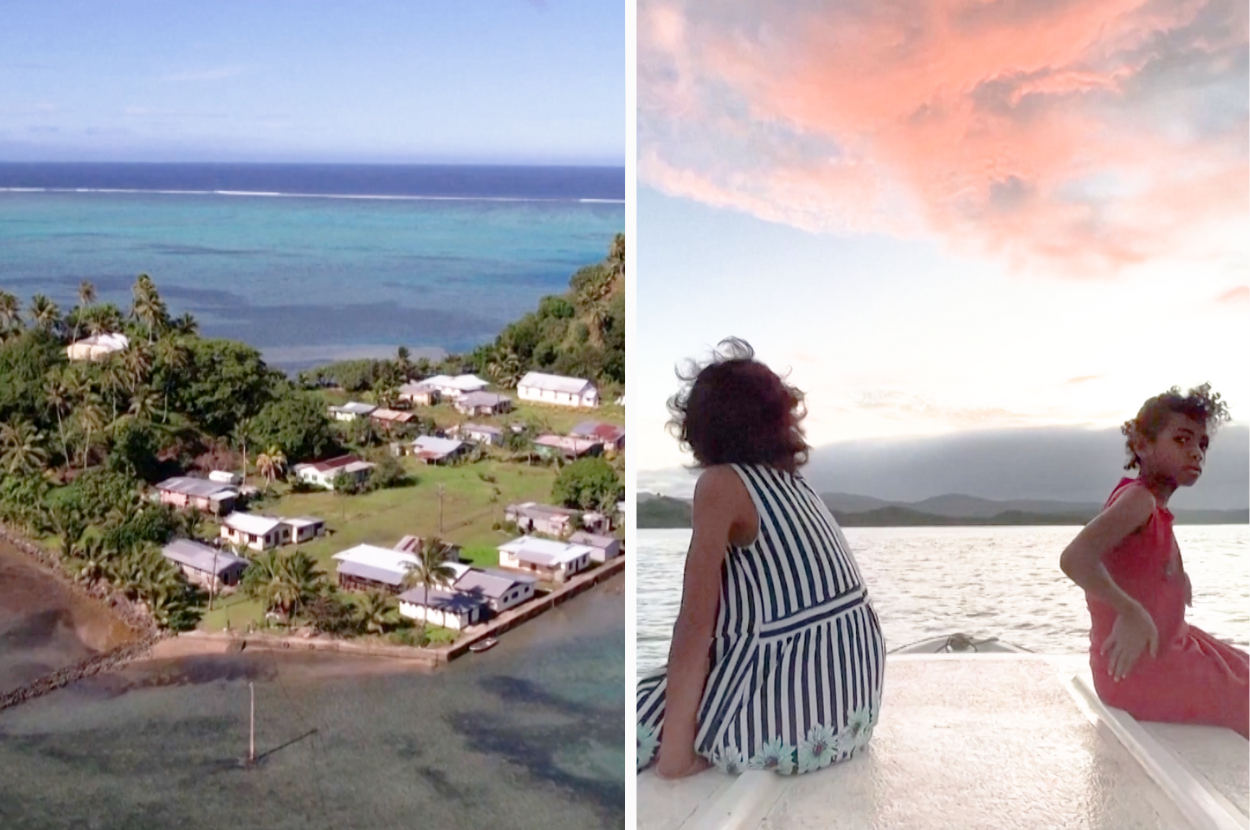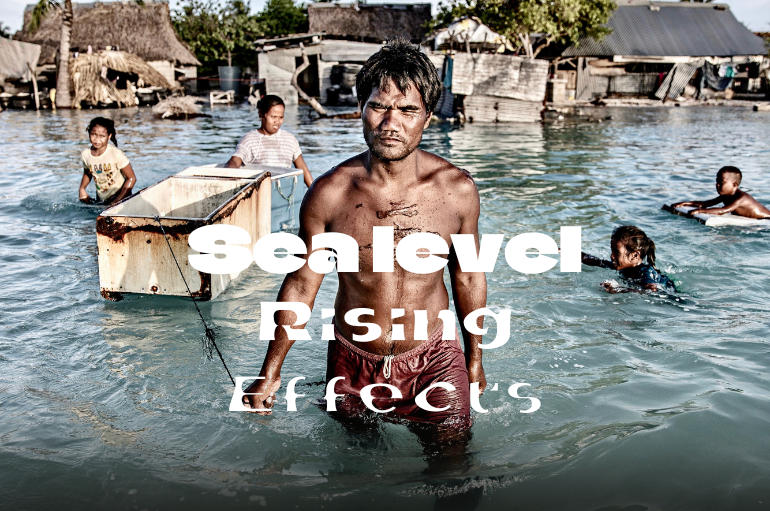Vanuatu Gave A Powerful Speech At The ICJ About How Climate Change Is Affecting The Pacific Islands
Vanuatu called for a collective response to climate change that is grounded not in political convenience but in international law.

The International Court of Justice has begun hearings on the largest case in its history – examining the link between climate change and human rights.
The landmark case – which will see more than 100 countries and organizations present arguments – was spearheaded by the Pacific island of Vanuatu, after a group of students across the Pacific Islands launched a campaign calling on the ICJ to issue its legal opinion about countries’ legal obligations to respond to climate change and protect the rights of current and future generations.
On the first day of hearings on Monday Dec. 2, Vanuatu’s special envoy on climate change and the environment, Ralph Regenvanu, delivered a powerful opening statement about the urgent need for a collective response to climate change that is grounded not in political convenience but in international law.
“Our peoples have built vibrant cultures and traditions over millennia that are intimately intertwined with our ancestral lands and seas,” Regenvanu said. “Yet today we find ourselves on the front lines of a crisis we did not create, a crisis that threatens our very existence.”
He added that the climate crisis is also impacting many other peoples around the world, who have come out in unprecedented numbers to be heard by the court.
“I choose my words carefully when I say this may well be the most consequential case in the history of humanity,” Regevanu said. “Let us not allow future generations to look back and wonder why the cause of their doom was.”
Over the two weeks, the ICJ will examine two questions with relation to climate change and human rights and issue an advisory opinion, which is not binding but carries significant authority and legal weight.
More On Climate Change In The Pacific Islands









